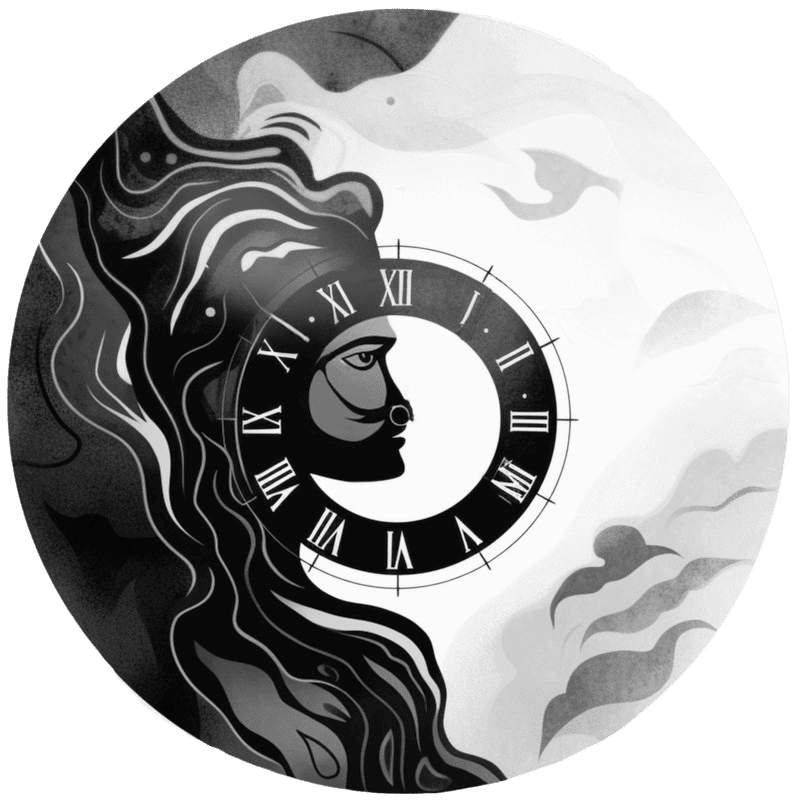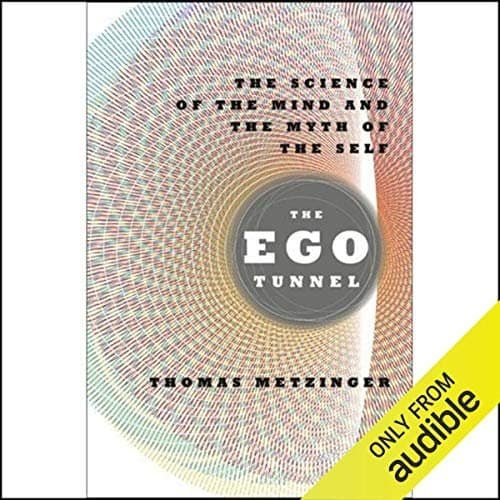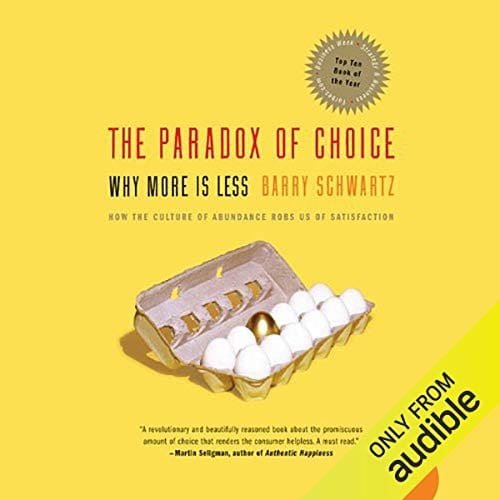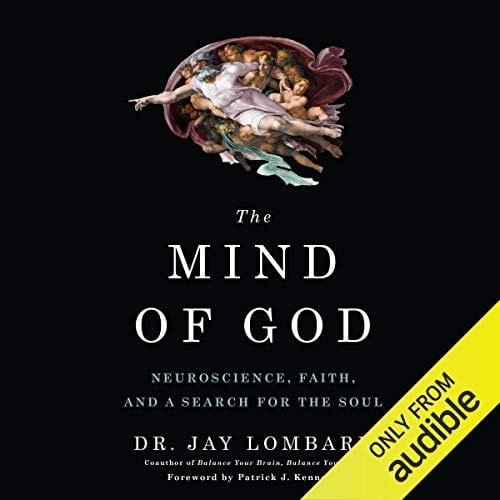Finding Purpose and Meaning in Life: A Path for Millennials
In today’s fast-paced and ever-evolving world, millennials find themselves at a crossroads, seeking a sense of purpose and meaning. This generation, born between 1981 and 1996, grew up amidst rapid technological advancements and societal changes that have significantly influenced their perspectives and aspirations. As they navigate early adulthood and their careers, millennials grapple with fundamental questions of meaning, fulfillment, and how to live a life of purpose.

The Millennial Experience: A Quest for Purpose
More than previous generations, millennials prioritize finding meaning and purpose in their work and lives. Research reveals that millennials view work as more than a paycheck – they seek careers that align with their values and provide a sense of purpose. In a study by Deloitte, 63% of millennials said their company’s purpose is part of the reason they chose to work there, and 90% said that understanding the company’s purpose would help them remain committed to their job.
Millennials prioritize purpose over paychecks focused on financial security and status, unlike past generations. They care about positively impacting society and deriving meaning from their contributions. Studies show millennials are likelier to engage at work and stay loyal to an employer when they find purpose and meaning in their jobs.
However, discovering one’s purpose is often an elusive process fraught with ambivalence and uncertainty. Many millennials hesitate to commit to a singular passion or career path for fear of missing out on other opportunities. This “fear of missing out” (FOMO) reflects a deep yearning to find purpose and a reluctance to narrow options.
Additionally, growing up in the Internet age has cultivated a paradox of choice in millennials. The endless possibilities presented online can be both liberating and overwhelming. Without wise discernment, too much choice leads to decision paralysis and difficulty committing to a purposeful path.
Therefore, millennials require guidance and wisdom to harness their idealism into concrete, purposeful action. Millennials can find meaning and fulfillment by exploring pathways to uncover their passions, harness intrinsic motivation, and commit to causes aligned with their values.

Buddhism on the Search for Purpose
Buddhist perspectives on existential questions provide a valuable framework for approaching the millennial quest for purpose. Buddhism teaches that attachment to false views of the self is the root cause of existential angst and suffering. By cultivating insight into the nature of self and reality, one can find liberation from suffering and attain inner peace and purpose.
According to Buddhism, the first step in finding purpose is understanding that lasting happiness cannot be found in external conditions, achievements, or relationships. True joy emerges from within by cultivating wisdom, ethical living, and mental balance.
The Illusion of Self
Importantly, Buddhism points to the “illusion of self” as a major obstacle obscuring life’s purpose. We mistakenly assume that we have a fixed, unchanging identity, separate from others. However, neuroscience reveals that this notion of an independent, unitary self is not substantiated.
In the vast landscape of human consciousness, the concept of self holds a peculiar position. Neuroscientific research has unveiled compelling evidence that challenges the notion of a fixed, continuous, and independent self. Despite our subjective sense of being a separate entity, the self appears to be an illusion, a changing process without a unitary identity. – Metzinger, Thomas. Being No One: The Self-Model Theory of Subjectivity
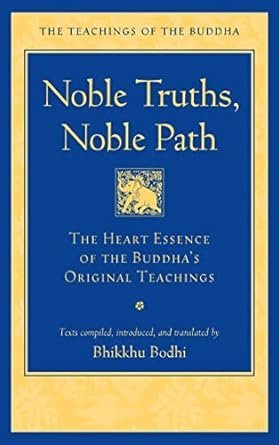
According to Buddhism, our sense of “I” or “mine” is a mental construct from temporary combinations of psycho-physical processes. No permanent, underlying self (anatta) endures unchanged.
The realization that achieving something and attaching significance to our actions are romantic illusions liberates us from the burden of expectations. We come to recognize that, ultimately, our individual actions and achievements hold no inherent meaning.
Letting go of ego-driven desires and identities opens us to our innate Buddha nature – a sense of inner freedom, wisdom, and compassion.
Impermanence
Buddhism also stresses embracing impermanence and change as an integral part of life. Instead of anchoring to fixed identities and attachments, we must flow with life’s dynamic energy. Change provides growth opportunities when approached with mindfulness.
It is important to acknowledge that the sense of a self experiencing life and making choices may feel obvious to individuals, and this recognition can serve as a valid starting point for the realization of no-self. However, the ultimate realization lies in understanding that the pure sense of being, without the need to identify as something or be in a specific location, is a valuable realization and the essence of awakening.
We can live with greater flexibility and fulfillment by embracing impermanence and non-attachment.

Discovering Your Purpose
How can millennials discover their unique purpose when equipped with Buddhist perspectives on the changing, empty nature of self? Here are some reflective strategies and practices:
Turn Inwards
Engage in meditation and self-inquiry to explore your core values, passions, and talents. Observe the mind’s tendencies without judgment. Gain insights into your authentic desires to guide purposeful action in the world.
In psychology, self-knowledge plays a crucial role in personal growth and development. It involves gaining genuine information about oneself, including emotional states, personality traits, behavioral patterns, beliefs, values, and social identity. Self-reflection and introspection contribute to self-knowledge, allowing individuals to delve into their inner world and explore their motivations, desires, and aspirations.
Connect with Your Buddha Nature
When we relax our grip on ego-identity, we can access our primordial Buddha nature – a sense of wisdom, compassion, inner freedom, and possibility. Tap into this boundless potential to align your actions with purpose.
Moreover, transpersonal psychology emphasizes the importance of transcending the limited egoic self and connecting with something greater than oneself. This transcendent perspective allows individuals to tap into their intuition, inner wisdom, and collective consciousness. By embracing the concept of no-self, individuals can let go of egoic attachments and identifications that may hinder their search for purpose.
Develop Mindfulness
Cultivate mindful awareness in all activities. Being fully present builds concentration, which is vital for realizing purpose. Doing tasks mindfully also imbues meaning into ordinary moments.
Through practices like meditation, one can rest in the pure knowing of being, which leads to a deeper intimacy where the dualistic experience of consciousness and the physical world dissolve. This deep understanding and experience of pure being contribute to the dissolution of boundaries between self and others.
Align Values with Vocation
Ensure your career and lifestyle fit your values. Reflect on how to apply your unique talents to make a difference aligned with what matters to you.
Living in the ordinary world with its demands presents unique challenges to pursuing purpose. However, individuals can navigate these challenges with greater clarity and resilience by integrating self-knowledge and a transpersonal perspective. They can align their actions with their purpose, making conscious choices that honor their authentic selves while meeting the external world’s demands.

Embrace Uncertainty
Instead of seeking fixed outcomes, flow with life’s changes. Uncertainty is the precondition of possibility. Stay open, curious, and optimistic when faced with not-knowing.
It is important to acknowledge that the sense of a self experiencing life and making choices may feel obvious to individuals, and this recognition can serve as a valid starting point for the realization of no-self. However, the ultimate realization lies in understanding that the pure sense of being, without the need to identify as something or be in a specific location, is a valuable realization and the essence of awakening.
Practice Mindful Activism
Take mindful, value-aligned actions to create positive change. Do what you can without attachment to results. Find purpose in contributing through compassionate action.
By letting go of the concept of self for peace and understanding reality, embracing impermanence and non-attachment as a path to liberation, challenging conventional notions of identity and fixed selfhood, and embracing no-self for liberation, individuals can discover purpose and meaning aligned with Buddhist teachings.
Transforming Challenges into Opportunities
Despite idealistic intentions, millennials face hurdles in living purposefully. Societal pressures, financial constraints, toxic environments, and self-doubt may obstruct their journey. However, with wisdom and resilience, these roadblocks can become growth opportunities.
Dealing with Uncertainty
The ambiguity of modern life can stir fears in millennials seeking stability and purpose. Reframing uncertainty as a catalyst for discovery empowers millennials to stay open to possibilities. Developing their inner compass allows them to navigate life’s twists and turns with agility.
Overcoming Indecision
Analysis paralysis, comparison fixation, and FOMO plague millennials when choosing a purposeful path. Here, cultivating mindfulness helps millennials become aware of overthinking tendencies and progress rather than remain paralyzed.

Maintaining Motivation
Starting with enthusiasm but quickly losing motivation is a common pitfall. To sustain passion for purpose, millennials must adopt consistent mindfulness practices, connect with a community of purpose, and focus on intrinsic rewards.
Combating Discouragement
Self-doubt, criticism, and perceived lack of progress can breed discouragement. However, viewing obstacles as teachers and focusing on small gains renews inspiration to persevere. Patience and compassion for oneself and others is key.
Avoiding Burnout
The martyr mindset of sacrificing well-being for a cause invariably backfires. Millennials must prioritize self-care, healthy boundaries, and sustainability. Inner work prevents outer burnout.
With wisdom, self-compassion, and community support, millennials can transform challenges into opportunities for growth. By embodying purpose with pragmatism, they flourish.
Living with Purpose in an Age of Meaning
Ultimately, the quest for purpose is a process of inner inquiry and outer engagement. It involves knowing oneself deeply, aligning with values and contributing to society meaningfully. For millennials, who spearhead culture and change, leading lives of purpose that uplift humanity is paramount.
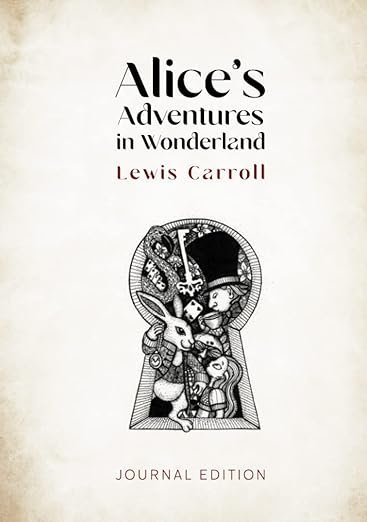
The essence of purpose echoes Alice’s realization in Wonderland: “If you don’t know where you are going, any road will get you there.” When traveling without a destination, every step is purposeful. Likewise, when living authentically aligned with our inner wisdom and values, wherever we are is where we are meant to be. By embracing this mindset, millennials transform confusion into clarity, and anxiety into purposeful action.
Guided by timeless wisdom accessible for modern times, this generation can channel their idealism into compassionate contributions. Their collective purpose is to create a world where humanity thrives in justice, sustainability, and peace.
With their global consciousness, altruism, and digital capabilities, millennials are poised to bring this vision to life. By walking the path of purpose with mindful pragmatism, they lead us to an enlightened tomorrow.
